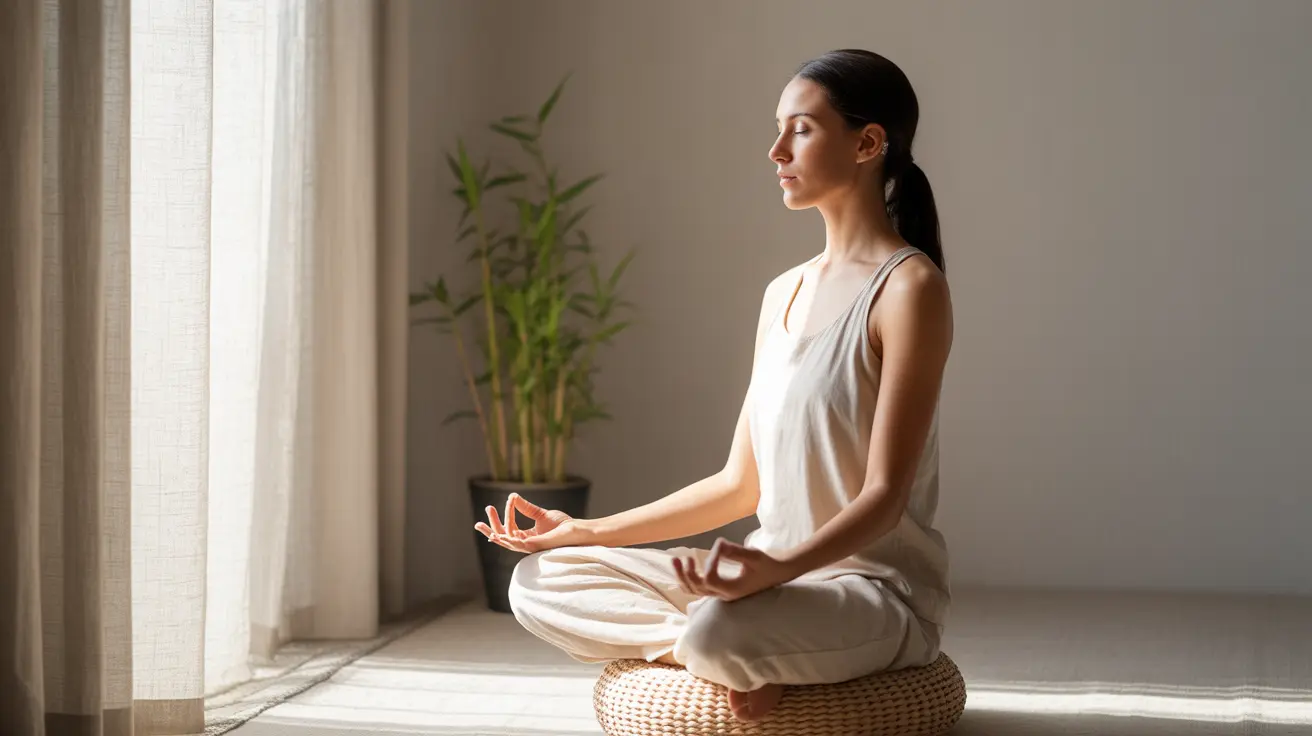Living with anxiety can be challenging, and while traditional treatments are effective, many people seek natural and alternative approaches to manage their symptoms. Understanding the various alternative therapies for anxiety can help you make informed decisions about complementary treatment options that might work alongside or in place of conventional methods.
This comprehensive guide explores evidence-based alternative treatments, from natural supplements to lifestyle modifications, that may help reduce anxiety symptoms and promote overall mental wellness.
Natural Supplements and Herbal Remedies
Several natural supplements have shown promise in helping to manage anxiety symptoms:
- Ashwagandha: An adaptogenic herb that may help reduce stress and anxiety levels
- Lavender: Available in various forms, including essential oils and supplements
- Chamomile: Known for its calming properties, available as tea or supplements
- L-theanine: An amino acid found in green tea that may promote relaxation
- Magnesium: A mineral that plays a crucial role in mood regulation
Always consult with a healthcare provider before starting any supplement regimen, as these products can interact with medications or have contraindications for certain health conditions.
Lifestyle Modifications for Anxiety Management
Diet and Nutrition
What you eat can significantly impact your anxiety levels. Consider these dietary approaches:
- Limit caffeine and alcohol consumption
- Maintain stable blood sugar through regular, balanced meals
- Include omega-3 rich foods like fatty fish
- Incorporate complex carbohydrates for sustained energy
- Stay hydrated throughout the day
Exercise and Physical Activity
Regular physical activity has been proven to reduce anxiety symptoms through various mechanisms:
- Aerobic exercise releases endorphins
- Yoga combines movement with mindfulness
- Regular walking in nature can reduce stress
- Strength training can boost confidence and reduce tension
- Group sports activities provide social support
Mindfulness and Relaxation Techniques
Meditation Practices
Different forms of meditation can help calm an anxious mind:
- Mindfulness meditation
- Guided visualization
- Body scan meditation
- Loving-kindness meditation
- Transcendental meditation
Breathing Exercises
Controlled breathing techniques can quickly reduce anxiety symptoms:
- 4-7-8 breathing technique
- Box breathing
- Diaphragmatic breathing
- Alternative nostril breathing
- Progressive muscle relaxation combined with breath work
Complementary Therapies
Several alternative therapeutic approaches can support anxiety management:
- Acupuncture
- Massage therapy
- Art therapy
- Music therapy
- Aromatherapy
Frequently Asked Questions
- What are the most effective natural supplements and herbal remedies for reducing anxiety?
The most effective natural supplements for anxiety include ashwagandha, lavender, chamomile, L-theanine, and magnesium. These supplements have shown promising results in scientific studies, but effectiveness can vary by individual. Always consult with a healthcare provider before starting any supplement regimen.
- How can lifestyle changes like diet, exercise, and sleep help manage anxiety symptoms?
Lifestyle changes can significantly impact anxiety levels by regulating stress hormones, improving brain chemistry, and enhancing overall well-being. Regular exercise releases endorphins, a balanced diet supports neurotransmitter production, and good sleep habits help regulate emotions and stress responses.
- What relaxation techniques, such as meditation or yoga, are recommended for anxiety relief?
Effective relaxation techniques include mindfulness meditation, guided visualization, progressive muscle relaxation, yoga, and controlled breathing exercises. These practices help activate the parasympathetic nervous system, reducing the body's stress response and promoting calm.
- Can mindfulness-based therapies be used instead of or alongside traditional treatments for anxiety?
Mindfulness-based therapies can be used both as standalone treatments for mild anxiety and as complementary approaches alongside traditional treatments. They often enhance the effectiveness of conventional therapies and provide additional coping tools for anxiety management.
- What precautions should I take before trying alternative therapies or supplements for anxiety?
Before starting any alternative therapy or supplement, consult with a healthcare provider, especially if you're taking medications. Research potential interactions, choose quality supplements from reputable sources, and start with low doses. Monitor your response and report any adverse effects to your healthcare provider.




